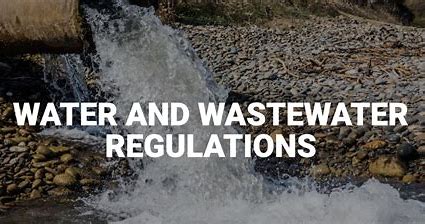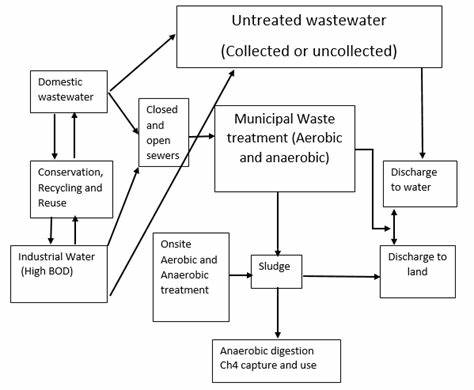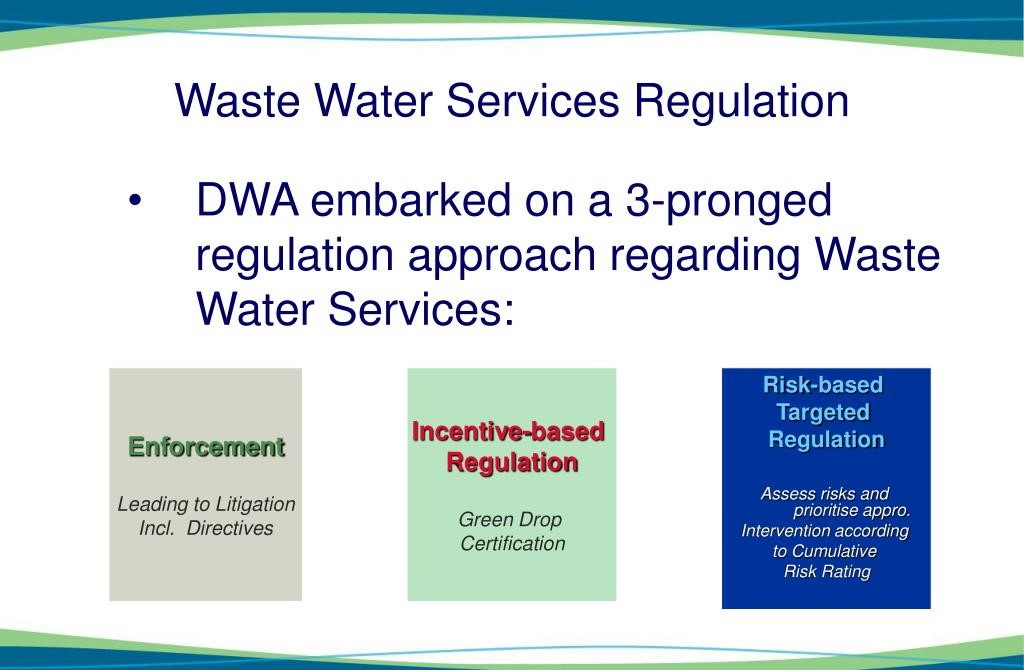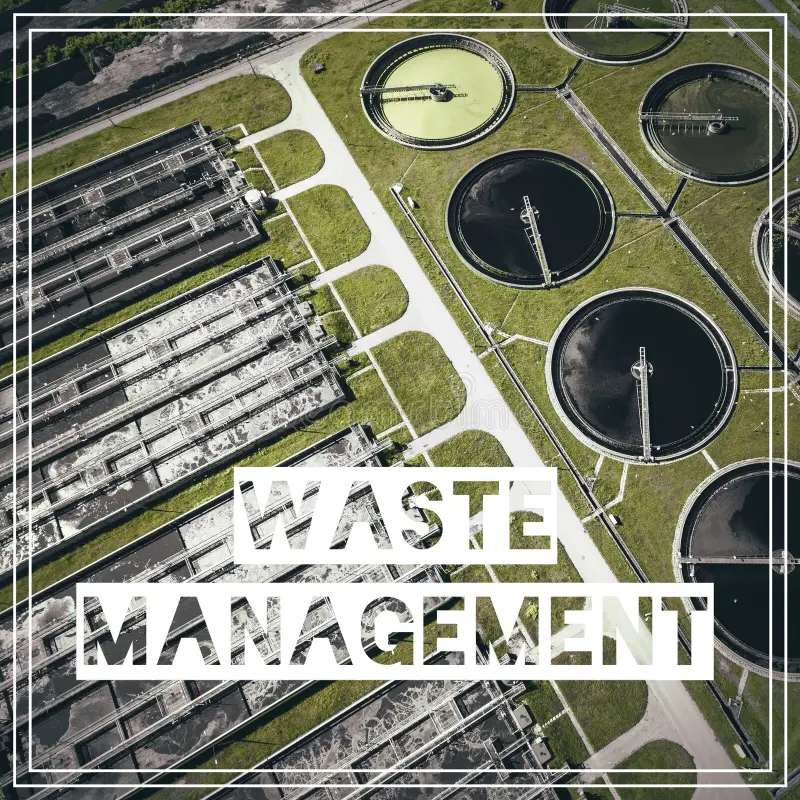
The Role of Policy and Regulations in Wastewater Management
Introduction
The topic of the Role of Policy and Regulations in Wastewater Management is crucial when considering environmental sustainability and public health. This article aims to provide a comprehensive understanding of the importance of policy and regulations in this field. It will also outline the main sections that will be discussed.
Historical Background
Wastewater management has evolved over time, and understanding its history is essential in comprehending the current state of policies and regulations. This section will provide a brief history of wastewater management, highlighting significant events and milestones that have shaped the development of policies and regulations in this field.
Key Concepts and Definitions
To fully grasp the role of policy and regulations, it is important to define key concepts such as wastewater and its composition. This section will also explain the objectives of wastewater management and define policy and regulations within the context of this topic. Furthermore, it will discuss how policy and regulations ensure effective wastewater management practices.
Main Discussion Points
Importance of Policy and Regulations in Wastewater Management
Policy and regulations provide a necessary framework for managing wastewater and protecting the environment. They establish guidelines and standards for treatment and disposal practices, ensuring the sustainable management of wastewater. Clear guidelines and standards also facilitate the implementation of effective wastewater management practices, leading to improved environmental and public health outcomes.

Key Components of Policy and Regulations
This section will explore the various elements typically encompassed in wastewater management policies and regulations. These include addressing issues such as wastewater treatment, discharge limits, monitoring, and enforcement. By covering these key components, policy and regulations ensure that wastewater management practices are comprehensive and adhere to necessary standards. Specific policies and regulations implemented in different regions or countries will be provided as examples to demonstrate the diverse approaches taken in wastewater management.
Stakeholders in Policy and Regulations
The development and implementation of wastewater management policies and regulations involve multiple stakeholders. These stakeholders range from government agencies to industry organizations and community groups. Each stakeholder has a distinct role and responsibility in ensuring effective wastewater management. This section will emphasize the importance of collaboration and engagement among stakeholders for successful policy implementation and regulation enforcement.
Case Studies or Examples
Real-world examples or case studies will be presented to demonstrate the impact of policy and regulations on wastewater management. These case studies will showcase successful implementation of policies and regulations in different contexts, resulting in improved wastewater treatment and environmental protection. Analyzing challenges and lessons learned from these examples will contribute to a more comprehensive assessment of policy and regulation outcomes.
Current Trends or Developments
This section will discuss recent trends in wastewater management policies and regulations. It will highlight new developments in technology or approaches to wastewater treatment and disposal. Additionally, recent research findings on the effectiveness of policy and regulations in achieving wastewater management goals will be presented, providing insights into the evolving landscape of wastewater management practices.

Challenges or Controversies
Common challenges faced in implementing and enforcing wastewater management policies and regulations will be addressed. Any controversies or differing viewpoints on the role of policy and regulations in wastewater management will be discussed. The potential conflicts between economic interests and environmental concerns will be analyzed, emphasizing the need for careful balancing of these factors.
Future Outlook
Speculating on the future implications of policy and regulations in wastewater management will be done in this section. Potential advancements and innovations that may shape the future of wastewater management will be discussed. The need for ongoing evaluation and adaptation of policies and regulations to address emerging challenges and ensure sustainable wastewater management practices will be highlighted.

Conclusion
The main points discussed in the article will be summarized in this section, emphasizing the importance of policy and regulations in ensuring effective wastewater management practices. The need for continued research, collaboration, and improvement in this field to address evolving environmental and public health concerns will be reiterated.
References
A list of references for further reading and research on the Role of Policy and Regulations in Wastewater Management will be provided.




